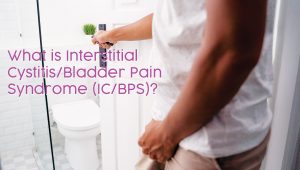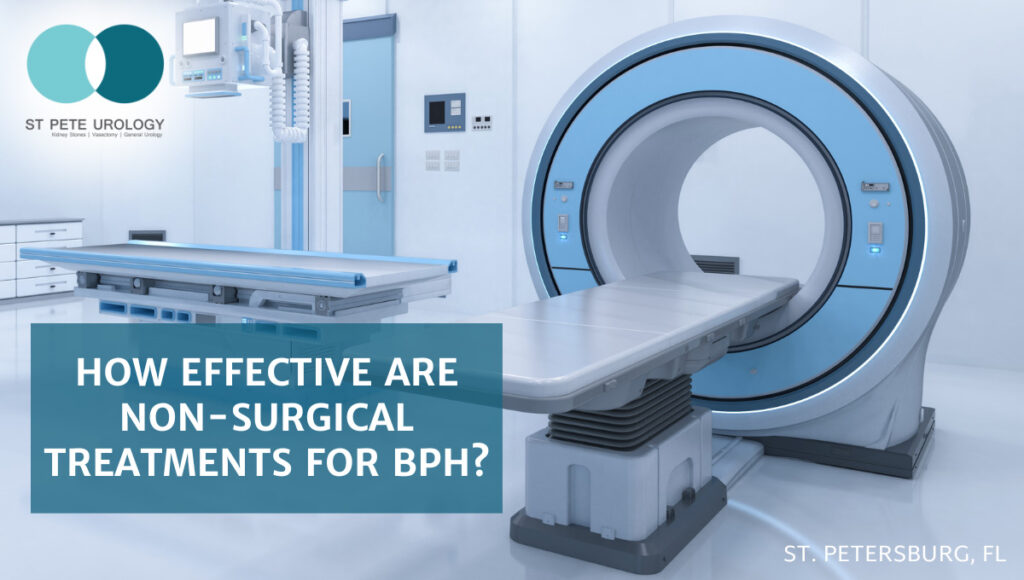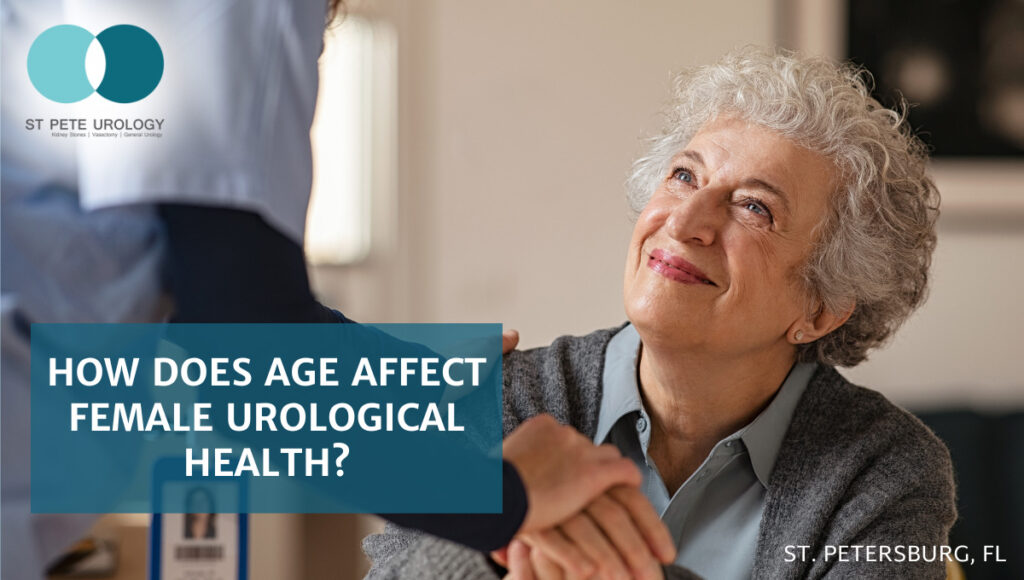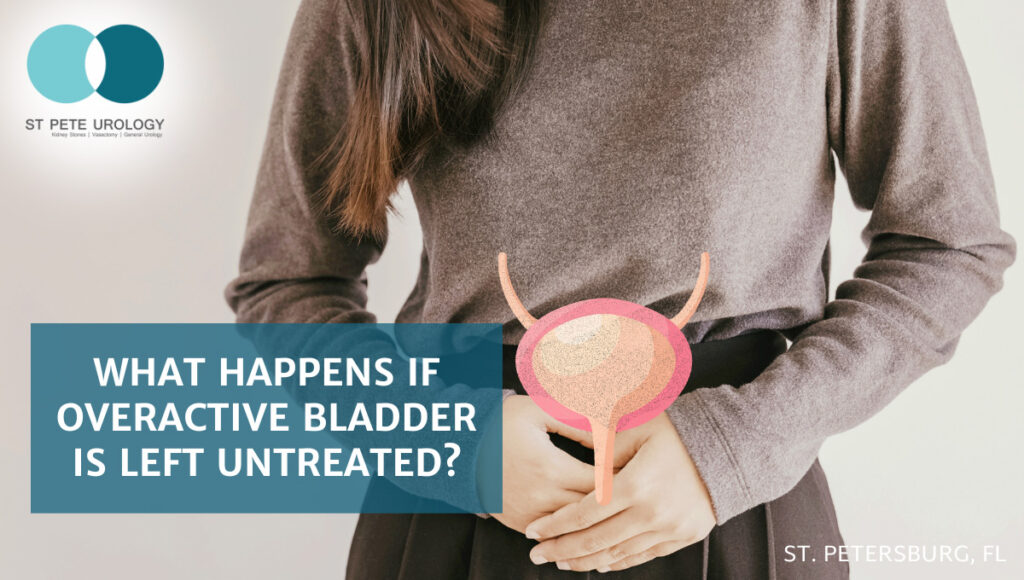

Symptoms
Pain, pressure, or tenderness may occur around the bladder, urinary tract, pelvic area and/or genitals and worsen during sexual intercourse. The pain may be either intermittent or constant, and may intensify as the bladder becomes full.
People with IC/BPS may find themselves urinating more frequently than normal. As the condition worsens, the urgency for urinating will increase. Sometimes even after urinating, there is still a feeling of not having finished. As a result, social life, sleep and concentration at work can all be impacted depending on the severity of IC/BPS.
Causes
Although there are theories about what may cause IC/BPS, the causes are not clearly understood or proven, and therefore treatments vary. It could be that IC/BPS symptoms are due to a combination of conditions. There may be a bladder tissue problem. Mast cells may cause inflammation. A chemical in the urine may damage the bladder. Some nerve cells may change. It is even possible there is an immune system response involved. In this sense, IC/BPS is like the term cancer; it has some definite symptoms, but the possible causes are many. Thankfully, while uncomfortable, unless IC/BPS in a patient is caused by cancer, it is rarely a serious medical problem.
Diagnosis
To treat IC/BPS, your urologist will want to know your medical history, symptoms, diet, prescriptions and over-the-counter supplements. Because it is difficult to pinpoint a particular cause, diagnosis is more a matter of ruling problems out. Typically, there are two aspects to this approach to medicine. The tests that are inexpensive, non-invasive and easy are usually done first.
Typical physical and neurological exams will check pain levels and the ability to urinate completely (a voiding test). Commonly used invasive tests include urodynamic evaluations and cystoscopy. A urodynamic evaluation is when the bladder is filled with a small catheter to check the bladder and patient responses. Cystoscopy requires the insertion of a special tube with a camera to visibly examine the urethra and bladder. If the urologist notices an ulcer, or a stone, or something that can be worked on, the doctor can do the procedure through the tube.
Treatments
IC/BPS can often be minimized or eliminated through some simple lifestyle changes. Diet can be an issue for some types of the condition and minimizing acidic foods might help. Some types of physical therapy, including manipulative physical therapy, may work and reducing stress can bring about an improvement.
A number of prescription drugs have been found useful. But one of them, pentosan polysulfate, may take up to six months of treatment before symptoms are relieved. A bladder ulcer can be cauterized or given steroid injections. Botox© may be effective, but these treatments usually wear off and may need to be repeated.
In most cases, it is best to assume IC/BPS is in remission, not cured. The best plan is to keep the changes that work and continue to avoid activities that may have aggravated the condition in the past. If you have pain in the pelvic or bladder area, visit St Pete Urology for a diagnosis and treatment plan that could put you on a path to resuming your normal, pain-free lifestyle.




